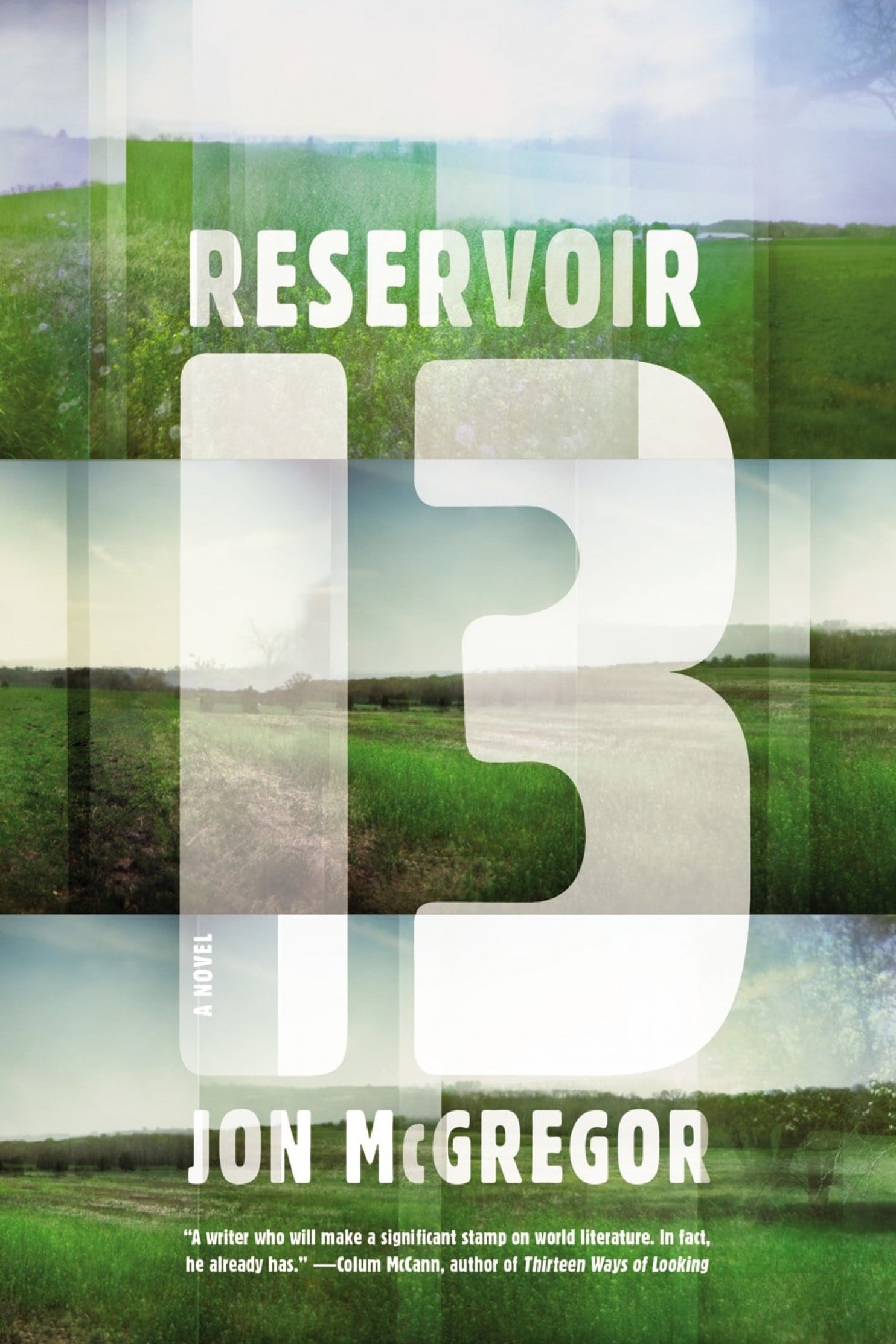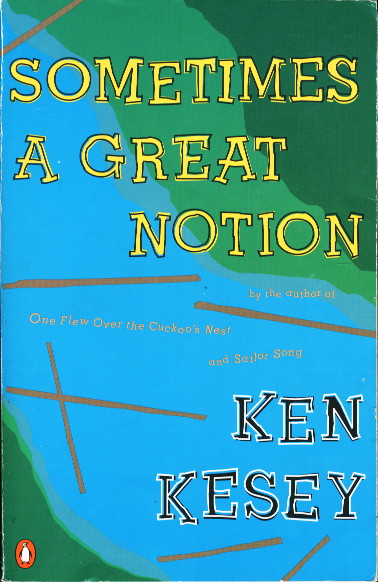The Conventionalist
TWO THINGS seem certain in America at the end of 2017:
1) Robert Mueller’s investigation into the executive branch’s stupefying array of corruption will wind up producing an era-defining document and/or hearing and/or television event, the kind of spectacle that will likely reach “first-maybe-second-paragraph-of-the-theoretical-obituary” status for the country.
2) Currently, there is absolutely nothing the average American citizen can do to participate in this nation-altering process; in fact, it is kind of politically and personally counter-productive for citizens to devote any energy whatsoever to it.
Yes, Congressfolk can be called, and the tip line is open, but the details and process are, quite necessarily, mysterious as of now. The paradox is tidy: only a fool could overlook the enormity of the Russia investigation, and getting lost in day-to-day Muellerness is a fool’s errand.
Few recent works of fiction have more stunningly captured this modern push-pull between ‘important, societally’ and ‘futile, individually’ than Jon McGregor’s eerie fourth novel, Reservoir 13. McGregor, a Brit, saw his first two novels longlisted for the Booker Prize. His third won the International IMPAC Dublin Literary Award. I was enormously fond of his short story collection, This Isn’t The Sort Of Thing That Happens To Someone Like You, in which he more or less perfected reported dialogue, and in his fourth novel, Reservoir 13, a character named Rebecca Shaw goes missing. People in her small town look for her. It’s a big deal. When it comes to the matter of Rebecca Shaw, “People wanted to know. People felt involved.”
But McGregor keeps spinning the clock forward. The years go by in shortish chapters. McGregor sets up and sticks to a prose formula: massive paragraph, then space break; massive paragraph, space break. Inside those sturdy paragraphs, the concerns of the townspeople drift—from the investigation, to the weather, to teenagers drinking at a pavilion, to townspeople wondering: “how’s she going to get a twin buggy up and down those steps?”
After the space break, there’s often a hard cut back to the missing girl: “The investigation continued.” Within a few pages, the first lines drift, too: “In the beech wood the foxes gave birth.” The investigation pops in from time to time, but soon enough, a “creeping normality had begun to settle over these press conferences…There was a weariness to the proceedings.” You try living with an inciting incident, the novel seems to say, for thirteen years.
What makes the novel’s simultaneous obsession and fatigue with a big depressing socially important event all the more convincing is the array of characters who are simultaneously obsessed and, increasingly, fatigued. The protagonist is more or less the entire English village. McGregor will catch up with a family for two lines, jump with no transition whatsoever to a teacher lesson planning, then onto a man recovering from a stroke, another family, and this entire exhilarating rush of detail 1) lingers on no one for more than a few lines 2) all occurs inside a single paragraph. It’s stunning. It’s all so quick in pace and wide in scope. How does he move between years and characters and scenelettes so smoothly?
“The United States has roughly forty times the square mileage of the United Kingdom yet probably one thousand times the number of novels with a gloriously overwritten take on the natural world.”
THE SHORT ANSWER is nature. The longer answer concerns tone.
The United States has roughly forty times the square mileage of the United Kingdom yet probably one thousand times the number of novels with a gloriously overwritten take on the natural world. What’s often funny is how difficult certain (white American male) writers find it to nimbly weave their soaring environmental prose-flexing into their narratives. Unwilling to allow any plot or story to gum up their writerliness, these novelists often cordon their landscape porn inside an introductory burst. Consider how someone like David Foster Wallace introduces the natural world at the beginning of The Pale King:
“Past the flannel plains and blacktop graphs and skylines of canted rust, and past the tobacco-brown river overhung with weeping trees and coins of sunlight through them on the water downriver, to the place beyond the windbreak, where untilled fields simmer shrilly in the a.m. heat…”
Who has time for character and plot when there’s coins of sunlight and canted rust in need of description? This steroidal-pastoral style is, in many ways, learned. In several interviews, Wallace gawps and gapes at the “lapidary prose” in Cormac McCarthy’s Suttree, the first line of which is far too long to quote, hence the following second line: “Old stone walls unplumbed by weathers, lodged in their striae fossil bones, limestone scarabs rucked in the floor of this once inland sea.”
The writing challenge seems to be 1) find three to five words that no one has ever said aloud 2) cram them in a sentence. The italicized introduction of Ken Kesey’s Sometimes a Great Notion isn’t as verbose, but it’s similarly slanted and weirdly verbless: “Along the western slopes of the Oregon Coastal Range… come look: the hysterical crashing of tributaries as they merge into the Wakonda Auga River…” The hysterical crashing of various natural descriptions occurs for two more pages, all of it in the “God-with-a-thesaurus-and-an-Audubon-Field-Guide” tone employed by both Wallace and McCarthy.
I highlight these three epic if silly openings because 1) I love them dearly 2) the bio-prose-flexing is introductory, separate. The distinct, sometimes italicized prologue is a choice on the part of each writer. The result: a privileging of their writerly power and description over the concerns of characters. It’s showy. And then some. The sentences spike my pulse, but with each reread, I focus less on the sentences and more on a mental image: the three writers shaking their fictional snowglobes with maniacal effort, ignorant of any potential people living inside that gooey world.
And I bring all of this up because McGregor has traces of that epic, godly tone. The crucial difference is that he writes like a baggage-less snowspeck drifting through his novel’s village. Not only is the narration less cumbersome than the three American examples, but he manages to maintain this light epic voice throughout the entirety of his novel, as opposed to revving it up for a solitary introductory gulp. He can go small: “bees stumbling fatly” and “the slush froze glassily” and “the primroses yellowed up.” He can go wide: “sounds of the reservoirs overtopping the dams for the first time in years was torrential and constant and swept through the valley.” Around the time I read that the surfaces of the reservoirs were “scuffed by the wind,” I thought: this description would be front-loaded in a Wallace or McCarthy book, and instead, he uses it as a transition between two of the dozens of characters in this small, hypnotic book. Reservoir 13 makes those ‘epic’ ‘American’ openings feel last-century. His big drifty paragraphs feel thrillingly ‘now.’
Plot-wise, the novel is a truly exciting kind of ‘nothing.’ There’s no line for the movie poster (although I can all too easily imagine a truly unwatchable ‘prestige’ television adaptation in which each character gets their own episode and the entire interwoven crazy liveliness of the prose is forfeited). The characters are waiting around, living. More than any other piece of art I interacted with this year, Reservoir 13 captured what it feels like to live beneath the guillotine of important unalterable forthcoming news. This is no small feat. The book should be read. If the Mueller investigation continues for thirteen years without result, the book should become a holy text.
Patrick McGinty’s fiction has appeared, most recently, in ZYZZYVA and The Portland Review. He recently wrote about student poetry versus the internet “explainer.”


